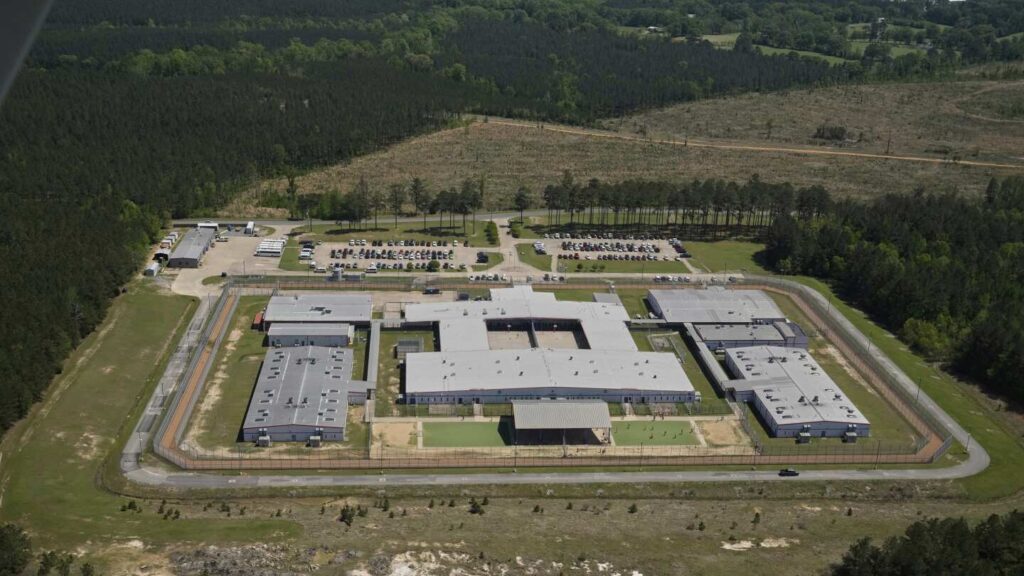Amid Louisiana’s picturesque landscapes and cultural offerings, nearly 7,000 individuals are awaiting their fate in immigration detention centers across the state. The Trump administration’s ambitious plans to significantly expand the already massive immigration detention system in the U.S. could see tens of thousands more migrants held in facilities nationwide. This expansion not only presents a lucrative opportunity for private prison companies but also poses challenges for government agencies tasked with managing the deportation process efficiently.
ICE’s push to add more immigration detention beds has led to contract bids totaling up to $45 billion for companies to operate centers around the country. The recent approval of a spending bill allocating $175 billion for immigration enforcement signals a substantial increase in ICE’s capacity from the current 41,000 beds to a proposed 100,000 beds. Private corrections companies like Geo Group Inc. and CoreCivic Inc. have already secured lucrative contracts, with their stock prices soaring in response.
Louisiana, despite its low immigrant population and non-border state status, has emerged as a key player in immigration detention space, ranking second in the nation for bed capacity. The state’s strategic appeal to ICE stems from various factors, including lower labor costs, favorable political climate, and the availability of repurposed jails. However, the placement of detention centers in rural areas far from major cities has raised concerns about detainee isolation and limited access to legal representation, potentially undermining their ability to challenge deportation orders.
The introduction of video conferencing for immigration court proceedings has somewhat alleviated issues related to physical distance, but critics argue that it may dehumanize the process and hinder detainees’ ability to fully engage in their legal defense. As the immigration detention system undergoes significant expansion, questions surrounding detainee rights, access to legal resources, and the broader implications of mass deportations come to the forefront, prompting scrutiny and calls for accountability.

